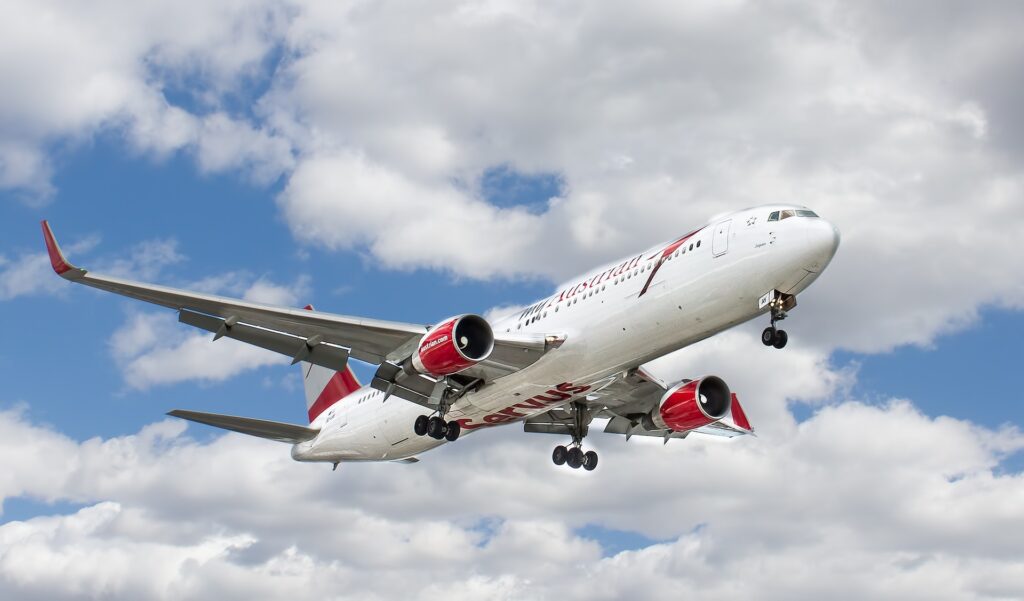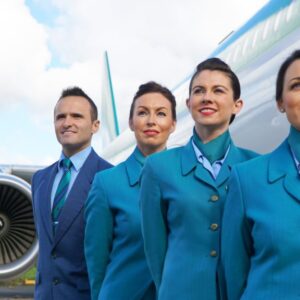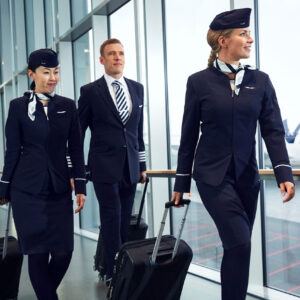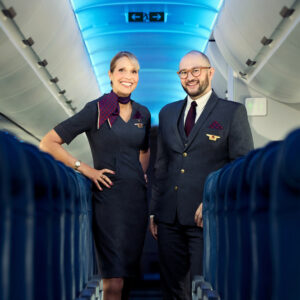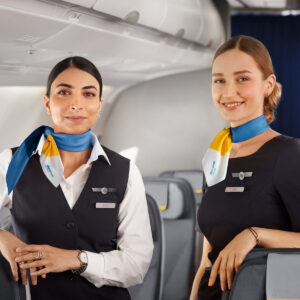In the vast expanse of the aviation industry, career paths are as diverse as they are exciting. One question that often emerges in this dynamic field is: Can cabin crew become pilots? This intriguing query opens up a world of possibilities and challenges, painting a unique picture of career progression within the aviation sector. This article aims to delve into this question, exploring the feasibility, the journey, the advantages, and the challenges of such a transition. So, fasten your seatbelts as we take off on this enlightening journey.
A Feasible Transition?
The aviation industry is a realm of dreams and aspirations. For many, the journey begins in the cabin, serving passengers, ensuring their comfort and safety. But can these diligent cabin crew members transition into the cockpit, taking the helm of the aircraft as pilots? Indeed, the answer to the question “can cabin crew become pilots?” is a definitive yes. However, this transition is not without its hurdles. While it’s not a typical career trajectory, it’s undoubtedly a possibility for those who are willing to navigate the challenges.
The Journey
The transition from cabin crew to pilot is not a direct career path. The aviation industry is an intense sector, necessitating substantial commitments of time, energy, and financial resources. Over the years, the expense associated with pilot training has escalated significantly, presenting a formidable challenge for many aspiring pilots. However, the rarity of such a career switch does not render it impossible. There are instances of cabin crew members successfully making the switch, bringing with them a unique set of advantages.
Advantages
Cabin crew members who aspire to become pilots have the benefit of familiarity with the aviation industry. They understand the unusual work patterns, the impact of jet lag, and the importance of Crew Resource Management (CRM). Their experience in dealing with a variety of situations and their knowledge of airline procedures can be invaluable in their journey to the cockpit. This background knowledge and personal skills required can indeed help cabin crew become pilots.
Challenges
Even with the benefits in place, the journey towards becoming a pilot is laden with numerous obstacles. The high cost of training is a significant hurdle. Moreover, there are few airline schemes designed to assist cabin crew in this transition. The lack of transferable skills is another obstacle, as the roles of cabin crew and pilots, though closely related, require different skill sets.
The Future
The aviation industry is evolving, and with it, the opportunities for cabin crew to transition into pilots. There is a growing focus on addressing the gender imbalance in the industry, and encouraging more cabin crew members to become pilots could be a part of the solution. Despite the challenges, if you have the passion and determination, the cockpit could be your next destination.
Conclusion: The Sky is the Limit
In conclusion, cabin crew can indeed become pilots. Navigating this path is indeed a test of endurance, but with unwavering determination, fervent passion, and the right mentorship, it is undeniably within reach. The aviation industry is a vast expanse of opportunities, and for those bold enough to chase their dreams, there are no boundaries in the sky.
Frequently Asked Questions (FAQ)
What is the cabin crew to captain program?
The “Cabin Crew to Captain” program is not a standard or widely recognised program in the aviation industry. However, some airlines may offer programs or pathways to help cabin crew members transition to a pilot role, often starting as a first officer before moving up to the captain’s seat. Such programs generally encompass comprehensive training that includes both theoretical learning and hands-on experience. They demand a substantial commitment in terms of time and resources.
Is an airline pilot career worth it?
The worthiness of a career as an airline pilot largely depends on personal passion and dedication. This profession necessitates a considerable commitment of time, financial resources, and effort towards training and obtaining the necessary certifications.The job also involves irregular hours, time away from home, and the responsibility of passenger safety. Nonetheless, for those fuelled by a love for aviation, it can be an immensely gratifying career. It presents the chance to globe-trot, earn a substantial income, and experience a distinctive way of life.It’s a career that many people dream of and find fulfilling.


